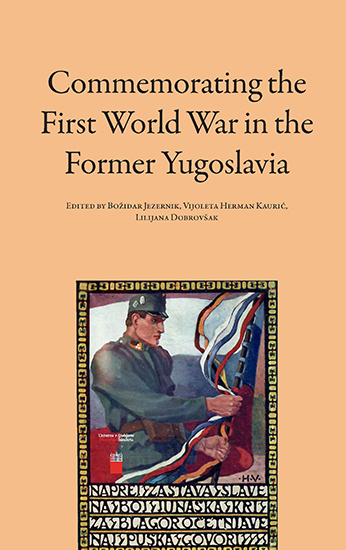Znanje in identitete v filmih o nesnovni kulturni dediščini
Oddelek za etnologijo in kulturno antropologijo

The First World War, as the first industrial war in history, also proved to be an extremely important milestone in the social development of the Old Continent. The assertion of the nation-state principle as the most "natural" form of organisation of political and social life became the norm. The old empires (the Russian, the Ottoman, the Habsburg, and the German) disintegrated, and on their ruins new nation-states emerged, including the Kingdom of Serbs, Croats, and Slovenes. On the one hand, the establishment of a nation-state was celebrated as the realisation of the ultimate goal of all nationalist movements, and so in 1918 many rejoiced that with its creation a "centuries-old dream" had come true. However, the First World War, which made possible the establishment of the first nation-state in which the majority of South Slavs were united in one state for the first time in history, proved to be and the Construction of Yugoslav Identity too great an obstacle. The division and mistrust in the interwar period, coupled with a one-sided focus on one’s own right, proved to be such an obstacle that the leaders of the time who spearheaded the unification process were unable to overcome it. Instead of striving for common goals, they prioritised the assertion of particular attitudes and interests.
Leto izida: 2023
Št. strani: 338
Tip vezave: Mehka vezava
ISBN: 9789612972349
Zbirka: Zupaničeva knjižnica
publications
authors
© Faculty of Arts, University of Ljubljana | All rights reserved.
Accessibility Cookies Privacy Policy
Design and development: ENKI